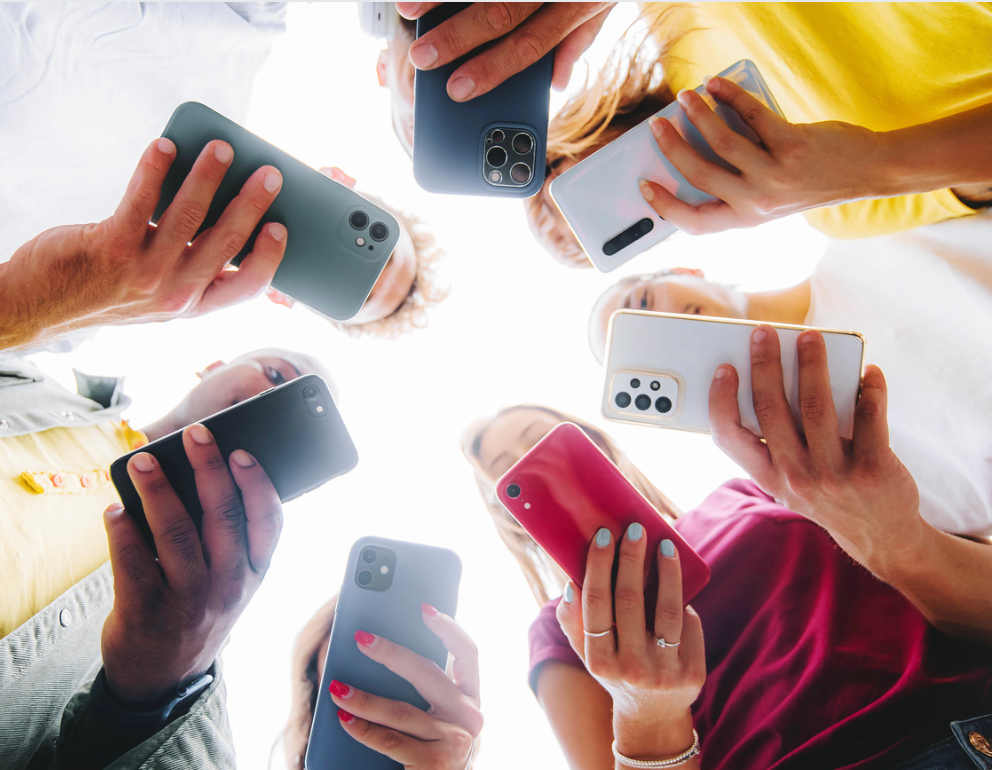In today's digital age, social media is a double-edged sword. It connects us, informs us, and entertains us. Yet, it can also be a source of anxiety, comparison, and misinformation. For teens, navigating the complex world of social media is particularly challenging. It's a vital part of social life, but it's essential to approach it with mindfulness to maintain mental health. Here are practical tips for using social media wisely.
1. Set Time Limits
Social media is designed to keep you scrolling. Setting time limits can help prevent you from falling into the endless scroll trap. Use app timers or set specific times of the day for social media use. This can help make your social media time more intentional and less likely to interfere with sleep or face-to-face interactions.
2. Curate Your Feed
Your feed should be a source of inspiration and positive energy, not stress or envy. Unfollow accounts that make you feel inadequate, anxious, or upset. Instead, follow accounts that inspire you, make you laugh, or teach you something new. This simple act can transform your social media experience.
3. Engage Positively
Engage with others in a positive and meaningful way. Leave kind comments, share uplifting content, and use your platforms to spread positivity. Engaging positively can not only improve your mood but also foster a healthier social media environment for everyone.

Remember, what people post on social media is often a curated version of their lives. It's the highlights reel, not the behind-the-scenes. Avoid comparing your life to what you see online. If you find yourself feeling envious or inadequate, it might be time for a social media break.
5. Seek Genuine Connections
Use social media to foster genuine connections rather than surface-level interactions. Direct message friends to check in, share stories that mean something to you, and use platforms to organize real-life get-togethers. Social media can be a tool for strengthening relationships if used mindfully.
6. Be Mindful of Your Mental Health
Pay attention to how social media affects your mood. If you notice a pattern of feeling worse after using social media, consider changing how you interact with it. This might mean taking a break, limiting your usage, or changing whom you follow.
7. Create More Than You Consume
Shift the balance from consuming content to creating it. Whether it's writing, photography, or any other form of expression, creating content can be a fulfilling outlet and can change your relationship with social media from passive to active.
8. Digital Detoxes
Periodically, take a break from social media. Whether it's for a day, a weekend, or even longer, a digital detox can help you reset your relationship with social media. Use this time to engage in activities that you enjoy and spend time with loved ones.

9. Educate Yourself
Be critical of the information you consume on social media. Learn to identify credible sources and fact-check information before sharing it. Educating yourself on digital literacy can protect you from misinformation and the emotional toll it can take.
10. Seek Support When Needed
If social media negatively impacts your mental health, don't hesitate to seek support. Talk to friends, family, or a mental health professional about your feelings. Sometimes, having an external perspective can help you navigate your relationship with social media more healthily.
It's crucial to use social media in a way that supports rather than undermines your mental health. By setting boundaries, engaging positively, and being mindful of its impact, you can enjoy the benefits of it without letting it detract from your well-being.

